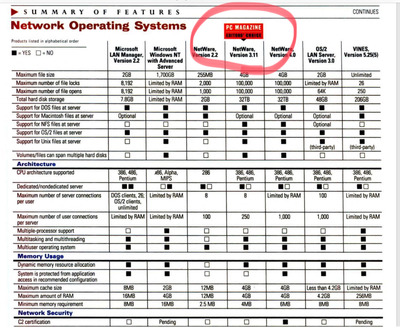Reply 40 of 56, by martinot
- Rank
- Member
spieler8 wrote on 2020-06-27, 20:30:It's interesting how time changes perspective. Back in the day I hated Microsoft with passion, as the whole Windows 9x line was unstable and crashed so often, as well as their business practices. Nowaday I understand what they achieved, given that back in the industry everyone was playing with these shady business tacticts, and technically with that slow and crappy hardware and zoo of configurations.
There's btw a very interesting read on how NT was born; the book is called: Show Stopper!: The Breakneck Race to Create Windows NT ...
Never used Windows 95 or 98.
At the time of 95 launch I was already running NT (together with OS/2 and FreeBSD) for some years. Super stable, and worked extremely well for me. I did not want to go back to DOS based Windows, with it's stability problems. The same goes for MacOS (even less stable than DOS/Win, and with more memory allocation problems). Today I really like macOS (as based on FreeBSD/NextStep), and have several MacBook pros, but that old MacOS was really not great at all.
OS/2 was good, but not as stable as NT. It was quite innovative with it's WPS GUI, but it was also a cause for a lot of crashes and OS corruption (had to repair and fix a lot of corrupted .INI-files). FreeBSD was super stable and a very nice UNIX, but did not have the software library of all the normal commercial desktop packages I wanted to use (a little bit like it is for Linux users today).
For me Windows NT was really the best combination of stability and app echo system (even if not all applications was 32-bit, most where, and it also handled Win16 apps very well if 32-bit versions was not available).
